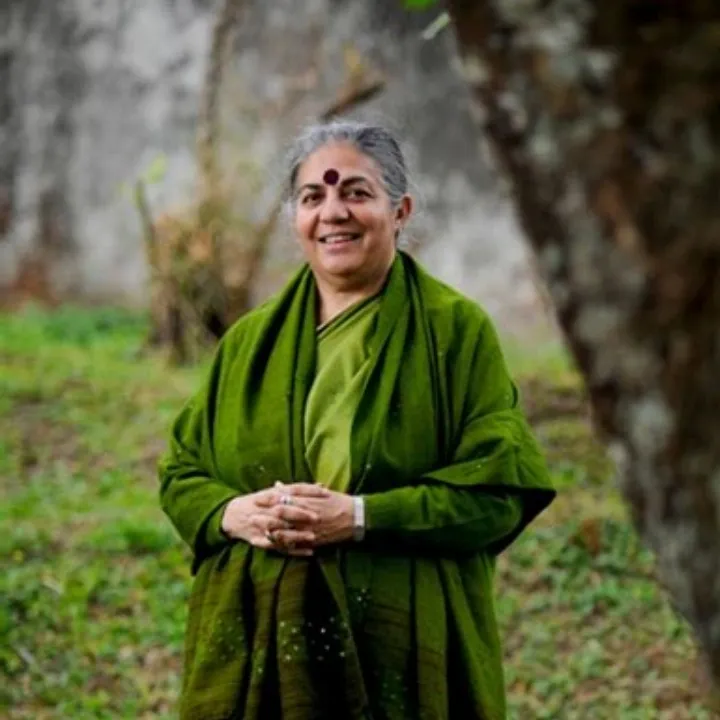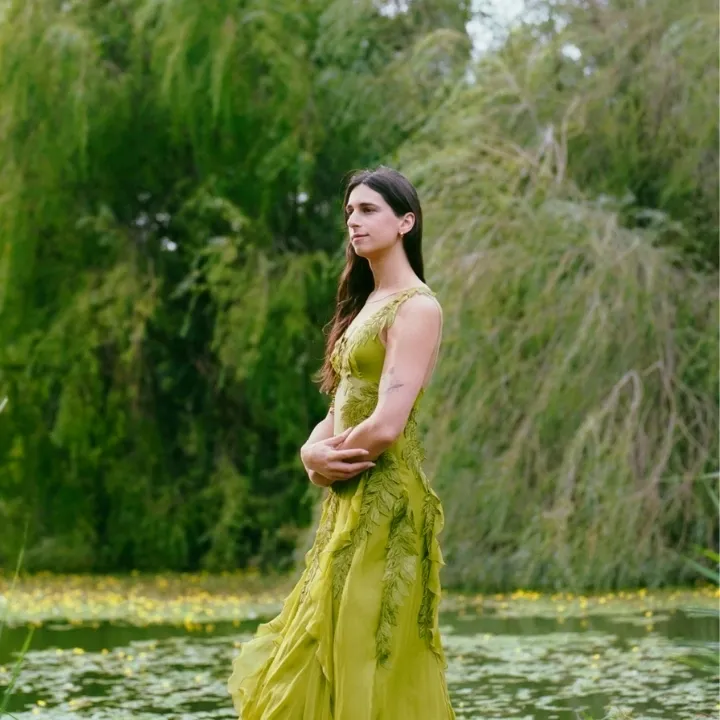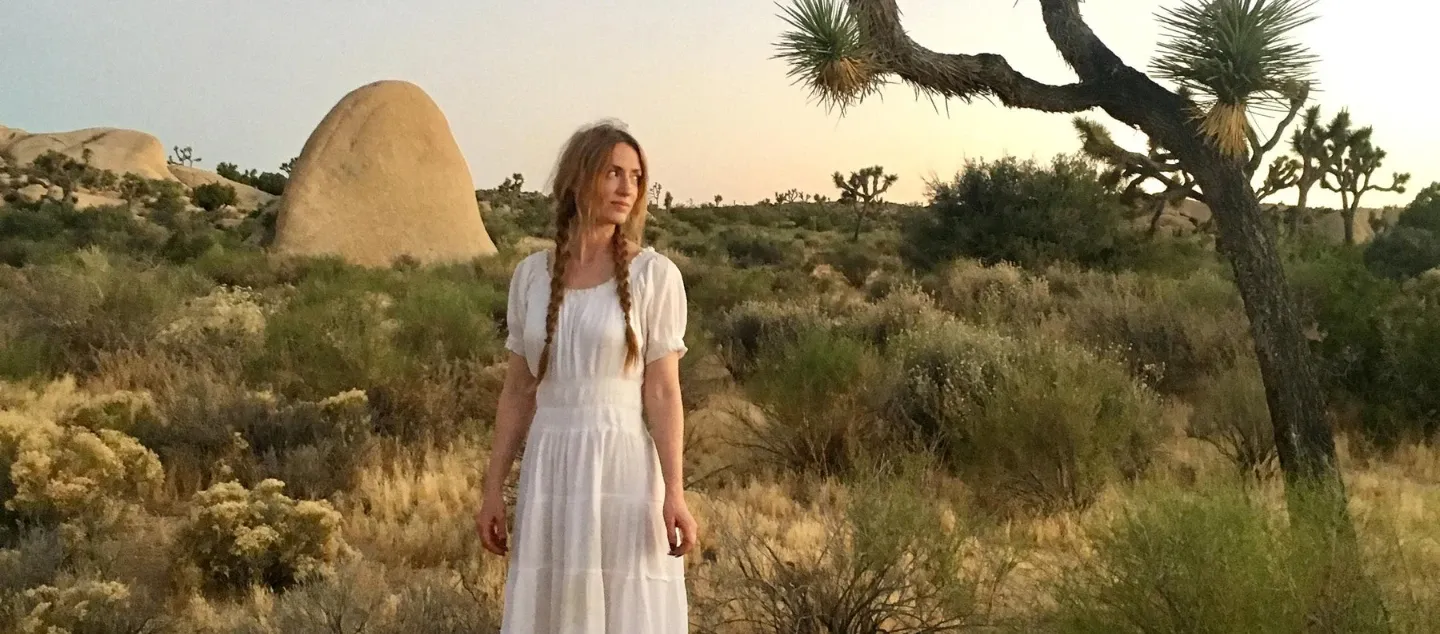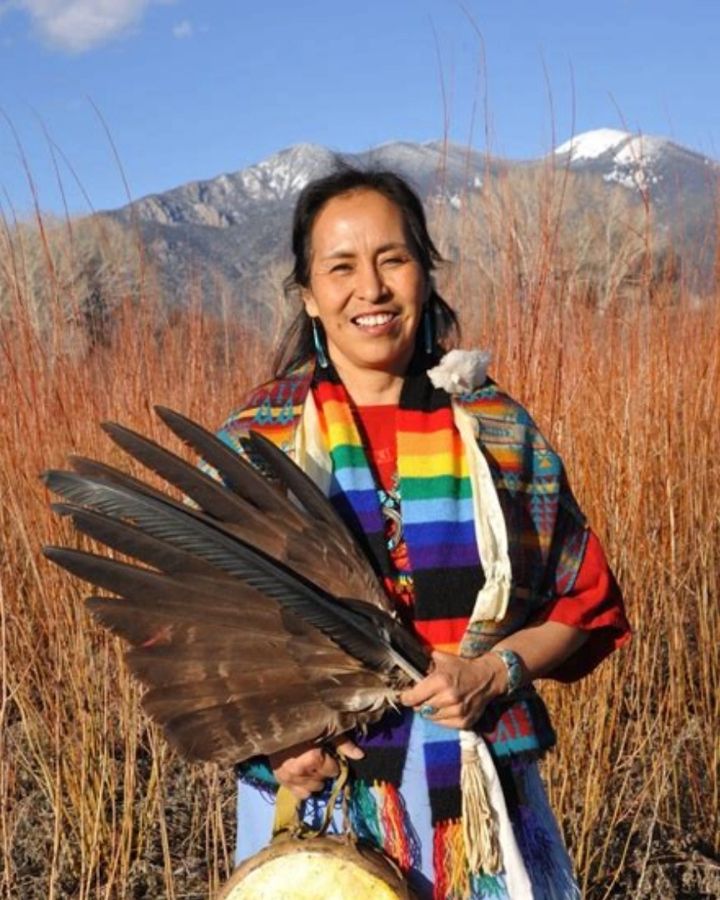
Reimagining Women & PowerReclaiming & reimagining power in the world today
Challenge traditional views of power, envisioning transformative roles and empowering new possibilities for women in society.
Understanding Power and Alienation, and Reclaiming Memory; Radical Women & Stereotypes; Transformative Women Leaders.
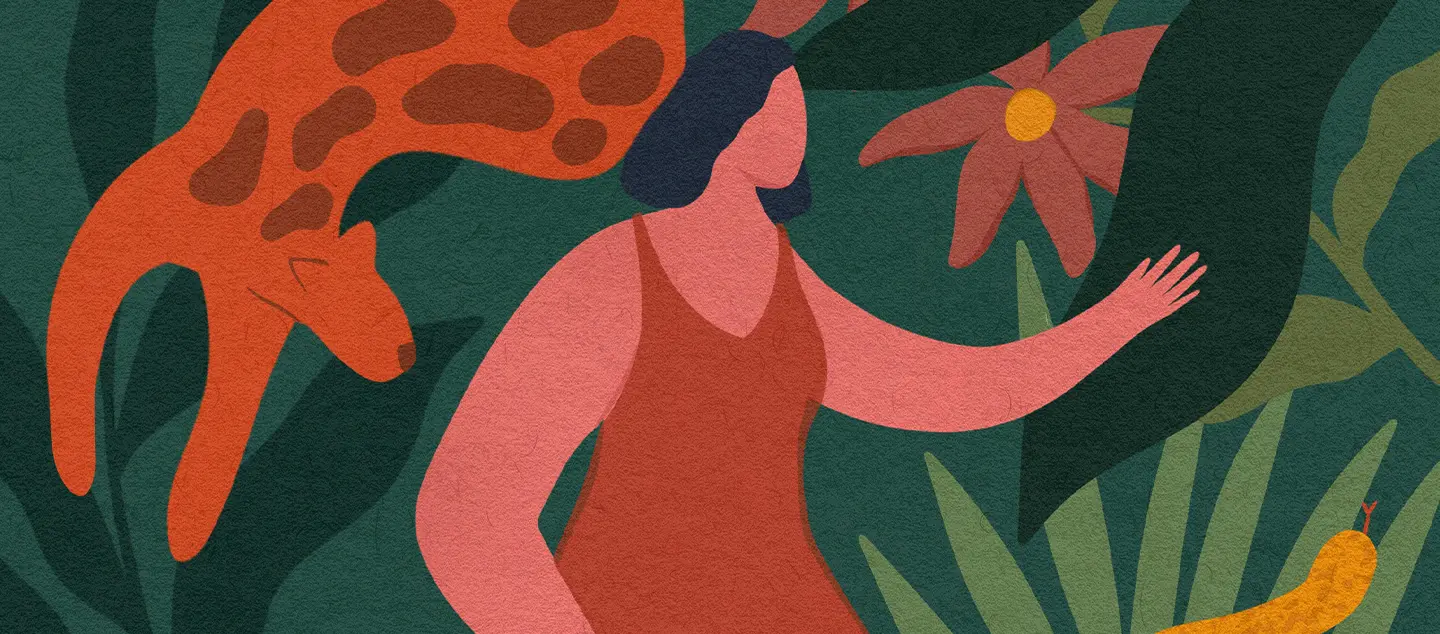
Chapter 1
Introduction With Riane Eisler

Chapter 2
Q&A With Riane Eisler

Chapter 3
Understanding Power and Alienation, and Reclaiming Memory With Céline Semaan

Chapter 4
Q&A With Céline Semaan

Chapter 5
Cracks In the Armour of No Saviour With Sophie Strand

Chapter 6
Q&A With Sophie Strand

Chapter 7
Witches: Enemies of the State With Amanda Yates Garcia

Chapter 8
Q&A With Amanda Yates Garcia

Chapter 9
Transformative Women Leaders With Vandana Shiva

Chapter 10
Q&A With Vandana Shiva

Chapter 11
We Are Feminist Leaders With Leila Billing

Chapter 12
Q&A With Leila Billing
Transformative Collectives & Movements; Reclaiming Self; Rerooting Relationships.

Chapter 1
Transformative Collectives & Movements With Ayisha Siddiqa

Chapter 2
Q&A With Ayisha Siddiqa

Chapter 3
The Feminist Strike Movement and Collective Empowerment With Cinzia Arruzza

Chapter 4
Q&A With Cinzia Arruzzi

Chapter 5
Reclaiming Self With Willow Defebaugh

Chapter 6
Q&A With Willow Defebaugh

Chapter 7
Reclaiming Self With Efu Nyaki

Chapter 8
Q&A With Efu Nyaki

Chapter 9
Rerooting Relationships With Sabine Lichtenfels

Chapter 10
Q&A With Sabine Lichtenfels
Rituals and expression; Land and public space; Transforming visions of power and society.

Chapter 1
Rituals and Expression With Pat McCabe

Chapter 2
Q&A With Pat McCabe

Chapter 3
The Holy Audacity of Women With Ebyän Zanini Chimba

Chapter 4
Q&A With Ebyän Zanini Chimba

Chapter 5
Sibyls of Place, Sibyls of Peace With Sylvia V. Linsteadt

Chapter 6
Q&A With Sylvia V. Linsteadt

Chapter 7
How Patriarchal Societies Affect Women And Power With Minna Salami

Chapter 8
Q&A With Minna Salami

Chapter 9
Women & Power: Reclaiming Narrative, Place & Practice With Indra Adnan

Chapter 10
Q&A With Indra Adnan
If women aren't perceived to be within the structures of power, is it power that we need to redefine?
For centuries, power has been synonymous with men, forms of “masculine” power and narratives of domination that tend towards binary thinking and oppressive hierarchies. As long as women are silenced in public spaces, erased from collective memory and alienated from positions of authority, these paradigms prevail. For too many people, it has become difficult to imagine beyond the dominant narratives, and many women also struggle, at times, to build confidence in our sense of the world, our knowledge and our power.
It is easy to believe that the destructive narratives, systems and practices that are embedded in our everyday lives are inevitable or impossible to change. But power has not always operated this way, and women have not always and everywhere been powerless and oppressed. Ancient history and culture demonstrate very different paradigms, and we can see this resurface across history and cultures through the world. As long as there have been attempts to silence and oppress, there has been collective and personal resistance. Women-led movements have emerged globally, presenting alternative visions for society, ways of being and relating that draw from ancestral histories and life-supporting principles.
We will explore how reclaiming and re-imagining power can mean radically challenging the construction of power in society as a whole, making way for new ideas and ways of relating to emerge and take root.
- 3 Modules
- 32 Sessions
- 16 Speakers
- Curated readings, resources and embodied practices
- Community discussion area
- How can we collectively cement a future that centres and celebrates the feminine as well as all aspects and expressions of life?
- How do we avoid reproducing the same systems and problems of the past (and present), and instead create fertile ground for new forms of life?
- How do we create joy and possibility in spaces, systems and with people that are responsible for our suppression and trauma?
- Where does our power come from? What enables us to reclaim voice, choice and agency?
- What possibilities emerge for constructing regenerative systems, narratives and relationships when we do?




